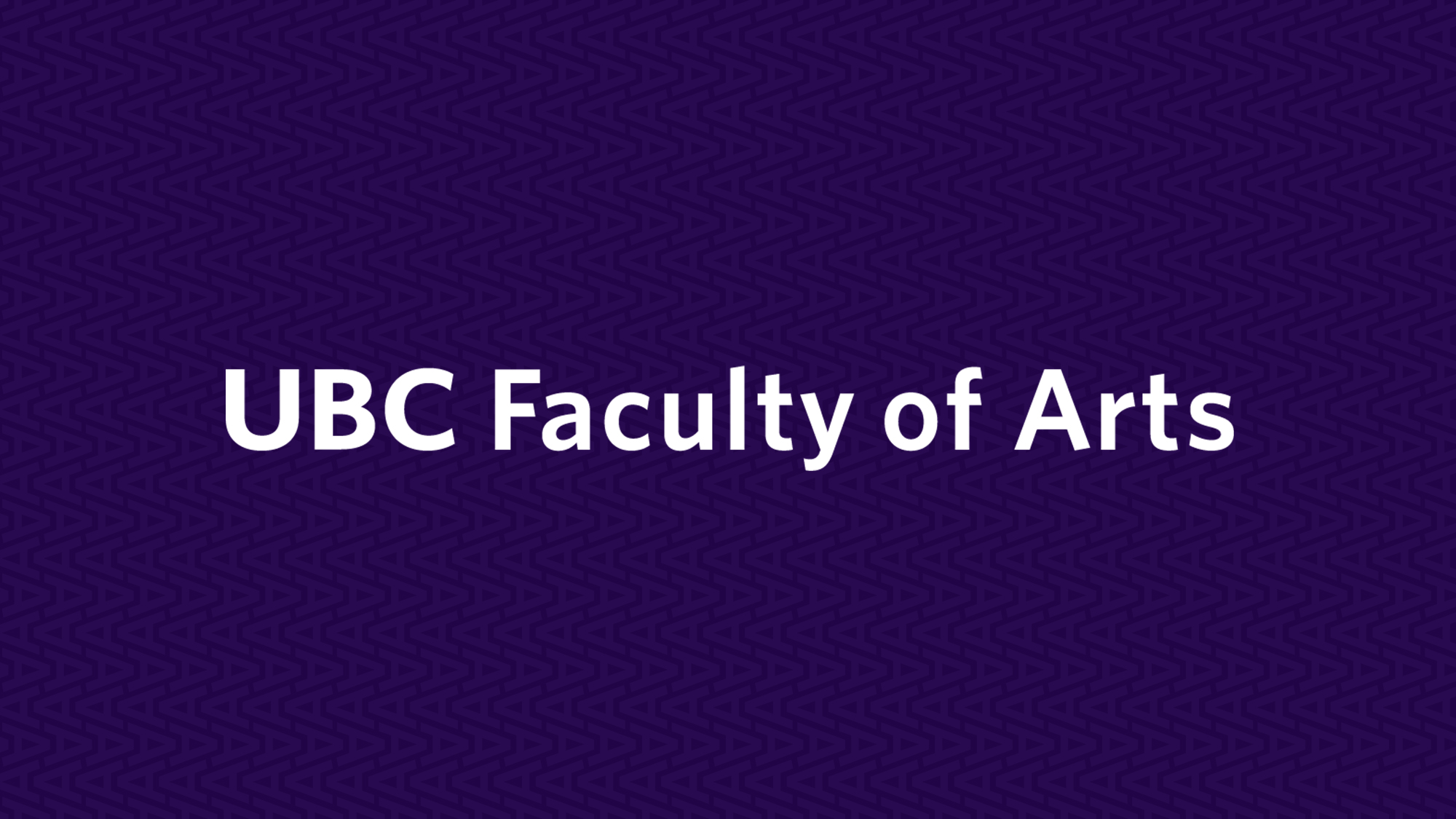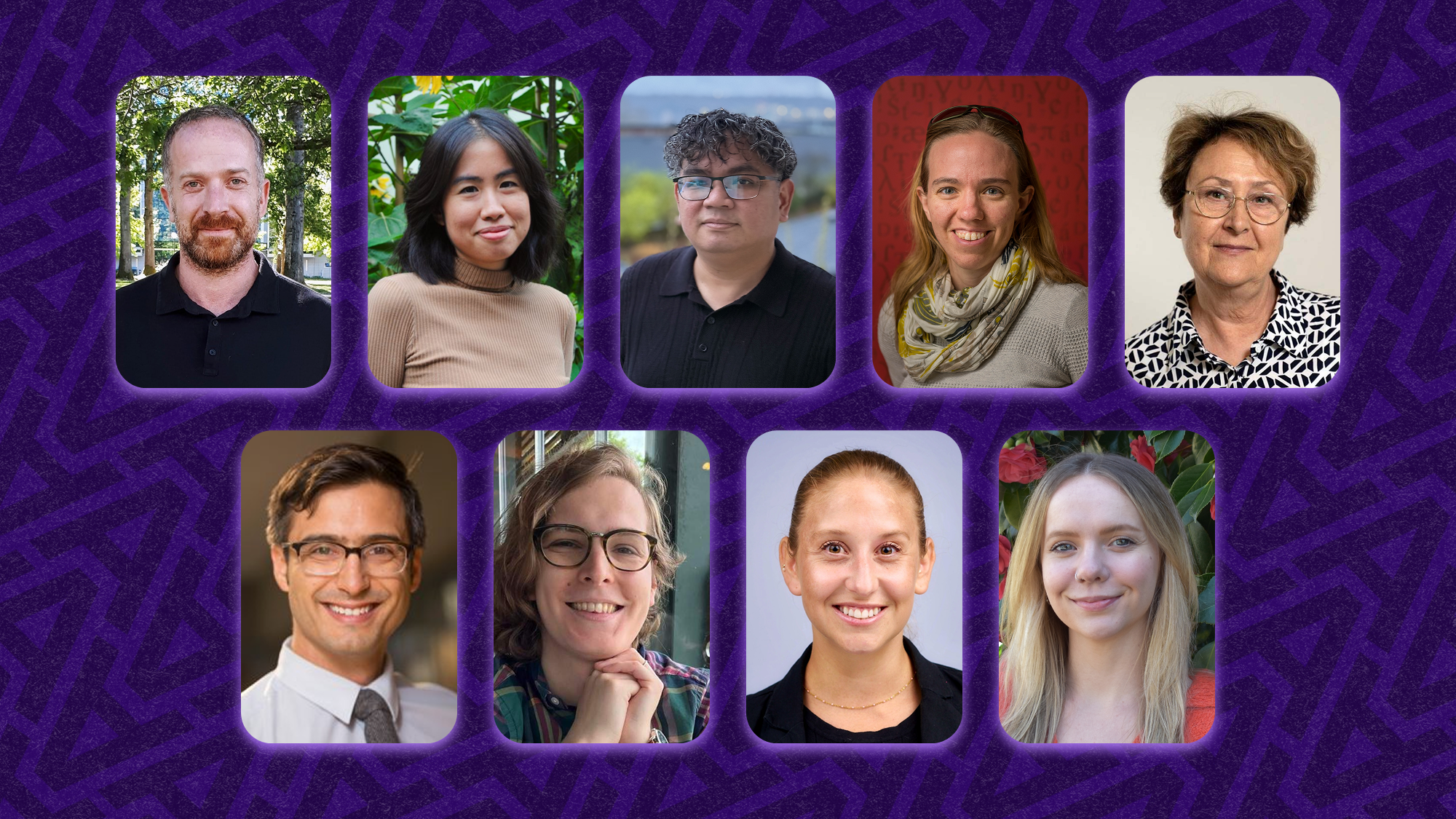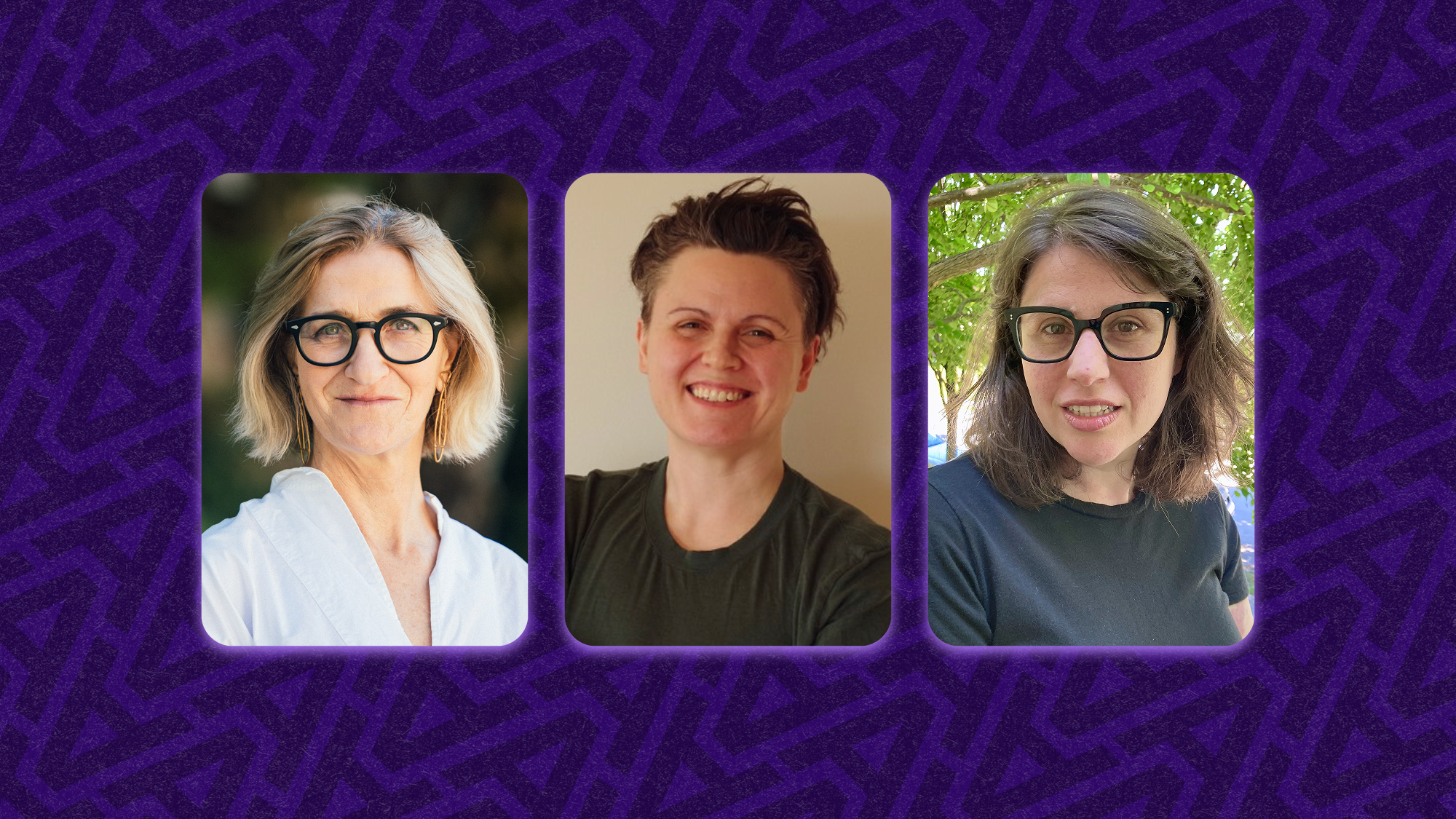By Josephine Anderson
“Fast education is a lot like fast food,” Professor Allen Sens of Political Science analogizes. “You get it quickly, it didn’t taste like much, but it’ll do for now.”


Professor Allen Sens has spent his professional life chewing over the kind of big-world problems his students want to fix.
“Anyone can criticize,” says Sens, adopting the same dramatic, bass tone that makes him a favourite in the classroom. “You just get a soapbox, go down to Stanley Park, stand up, and start screaming. It’s a lot harder to say what you’d actually do to effect positive change.”
Sens believes a pinhole lens is inadequate for big-picture issues like global warming, sustainability, genetically modified foods, and AIDS. That’s why he is troubled that most first-year students are directed like fish into one of two streams, Arts or Science, and spend the next four, or five years narrowing in on one specific focus, never to turn back. “We can’t have a society that’s going to be capable of solving these problems without having this understanding of both the scientific basis for the problems and the social and humanities perspectives of the problems as well.”
Fusing the physical life sciences dimensions of something like climate change together with political and social aspects is the inspiration behind the Terry Project, which Sens co-coordinates with David Ng, director of the Advanced Molecular Biology Laboratory in the Michael Smith Labs. Terry brings renowned public speakers like Stephen Lewis to UBC and also publishes creative writing, mainly from undergraduates, on terry.ubc.ca, the project’s website.
This year, Sens and Ng unveiled a cross-disciplinary course they’ve been shaping, called “Global Issues in the Arts and Sciences.” “Our intent is to get students thinking in an interdisciplinary way, across Arts and Science, very early in their careers,” Sens explains. The professor has earned wide appreciation for his efforts, winning the 2003 Killam Teaching prize from fellow-faculty, plus two Just Dessert Awards, given on behalf of students by the Alma Mater Society.
Besides teaching in the Department of Political Science and being chair of the International Relations Program, Sens is probably best known for teaching “Introduction to Global Politics,” a must-take course that fills up quickly every time it is offered. “Let’s face it, content changes all the time, especially in international relations,” says Sens, referring to his own experience as a student. His PhD thesis on the possibility of a global nuclear war triggered in Europe changed “over the course of virtually an evening,” when the Cold War ended.
With this in mind, he tries to provide students with tools for lifelong learning so they can tackle those issues that frequently change in shape and size. “One of the things that troubles me about what I’ve seen particularly in recent undergraduates is they’re all in a great big rush. It’s as if our society has already imprinted onto them this image of where they need to be at a certain point in their lives, and what you need to have in order to advance, or be successful,” Sens says. “It may be more of a path to ulcers and premature graying.”
He advocates the five-year degree, and encourages students to submit their ideas to undergraduate journals, and get involved in policy debates and student governance — in other words, to allow time for thought, reflection, and analysis before graduating.
According to Sens, unless we slow down and think beyond our own personal areas of interest, we will not be equipped to address the global issues we face.
“Fast education is a lot like fast food,” he analogizes. “You get it quickly, it didn’t taste like much, but it’ll do for now. I’m a promoter of slow food and slow education. Savor it, develop the flavours, try new things, experiment.”


